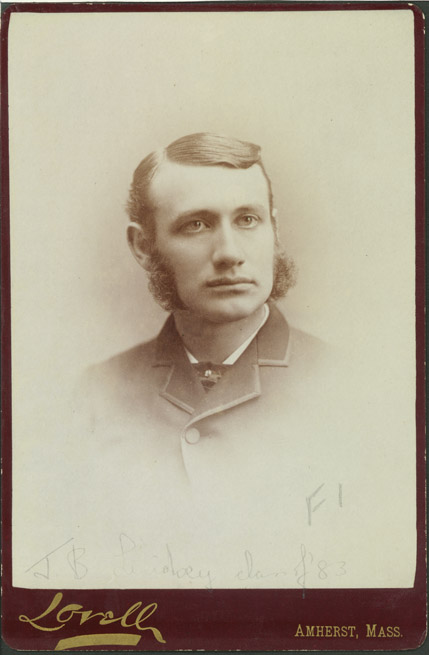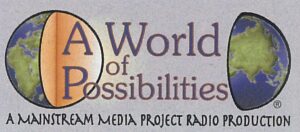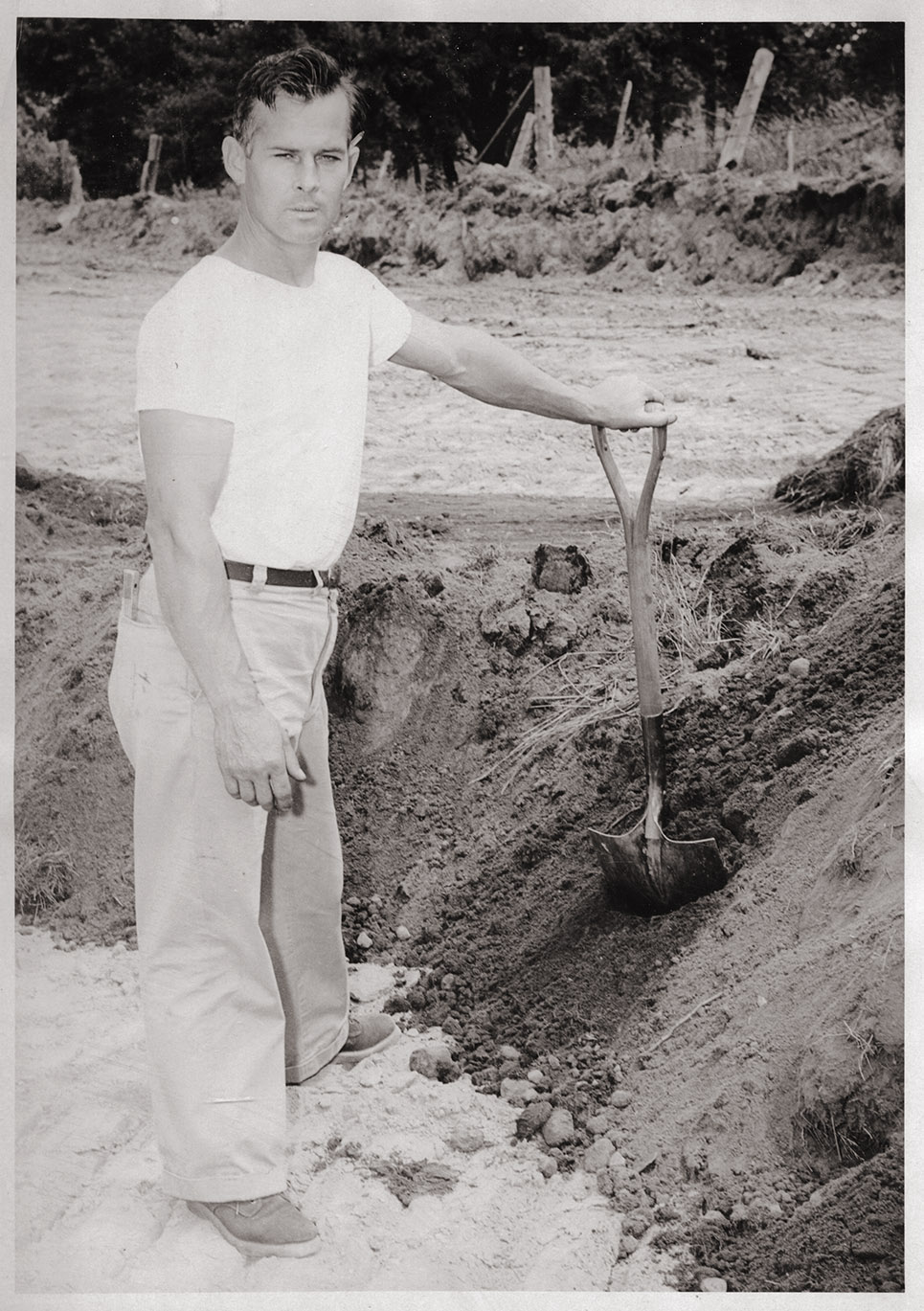Richard Levins Papers
Richard Levins, the John Rock Professor of Population Science who taught at Harvard University for nearly forty years, used his varied interests in ecology, mathematics, population genetics, and politics to form a multifaceted approach towards his studies. Focused on “looking at the whole” and understanding complex issues from a variety of perspectives, Levins was an active contributor to the disciplines of ecology, sustainable development, population dynamics, epidemiology, mathematical theorizing, and disparities in science. Rather than separating academic life from the political, Levins sought to intertwine the two subjects whenever possible. It was through these political connections that he met his wife, Rosario Morales, an author and poet from Puerto Rico. Following his marriage to Rosario, he became increasingly focused on the Puerto Rican independence movement and the mistreatment of the United States towards this territory. Along with holding professorship, Levins remained involved in research throughout his career, with topics including the spread and impact of infectious diseases as a result of a changing environment, human ecology, sustainable development, population dynamics in multi-species systems, agro-ecology, new and resurgent disease, philosophy of science in relation to complex systems, and third world science development.
The Richard Levins Papers spans the early years of his education to the end of his retirement years. Published writings, research materials, course materials, correspondence, and personal items bring multiple perspectives into this survey of Levins’s career and accomplishments.




